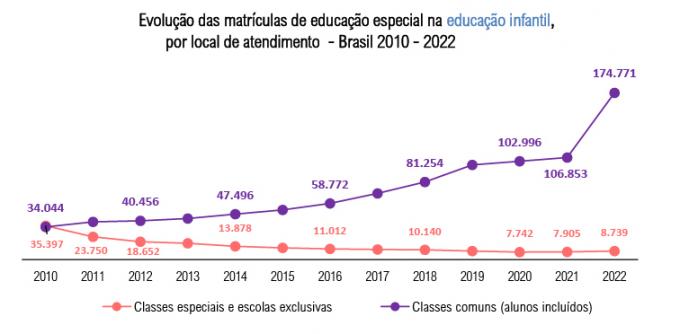family planning it is a kind of more subtle and flexible birth rate control exercised by the governments of different countries. Rather than establishing strict controls on population growth, this is a measure aimed at educating couples and convincing them that it is best to have fewer children, teaching them questions about the costs of having a child and about contraceptive methods. existing.
Therefore, it is clear that family planning is not just an issue involving preference couples, but a government policy aimed at slowing population growth. This measure is the result of a perspective that defends that social problems and the great rates of misery are due to the quantity of population that, in theory, would be much greater than the production of foods. However, it is known that food production today is more than enough to supply the population, lacking, in fact, a better distribution of income and access to food worldwide.
Developed countries have much lower birth rates than underdeveloped countries and, therefore, they are putting pressure on them to reduce these rates as well. At
bucharest conference, held in Romania in 1974, developed countries, led by the United States, tried close a deal that would demand greater control over growth from world authorities populational. However, underdeveloped countries produced the so-called Letter from Bucharest, in which the signatories argued that the problems of hunger and misery resulted from the economic limitations imposed by the rich nations on the poor nations.Brazil, however, since 1974 has adopted measures to educate and encourage the practice of Family Planning for the purpose of controlling birth rates. It was established, mainly through the media, that an ideal family would have a maximum number of two children per couple. In addition, the distribution of contraceptive pills and condoms, as well as the sale of these products at affordable prices and without medical supervision, still happens.
With these measures, birth control in Brazil and in the world declined considerably, however, hunger and poverty still continue to plague millions of people across the planet.
By Rodolfo Alves Pena
Graduated in Geography
Source: Brazil School - https://brasilescola.uol.com.br/geografia/planejamento-familiar.htm


